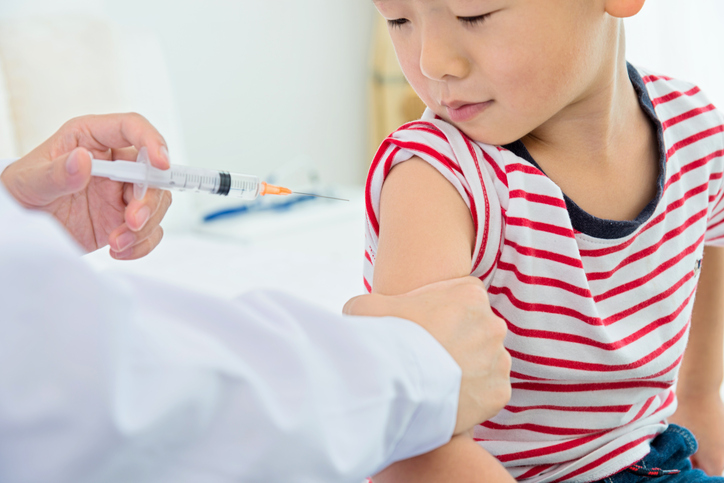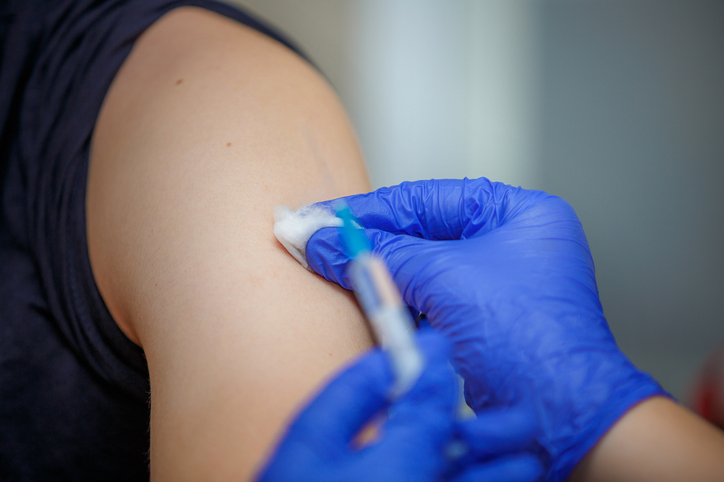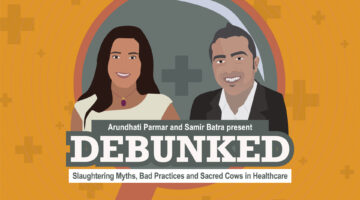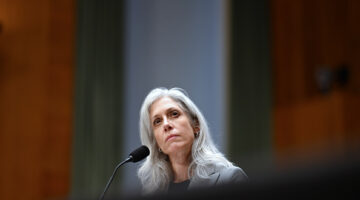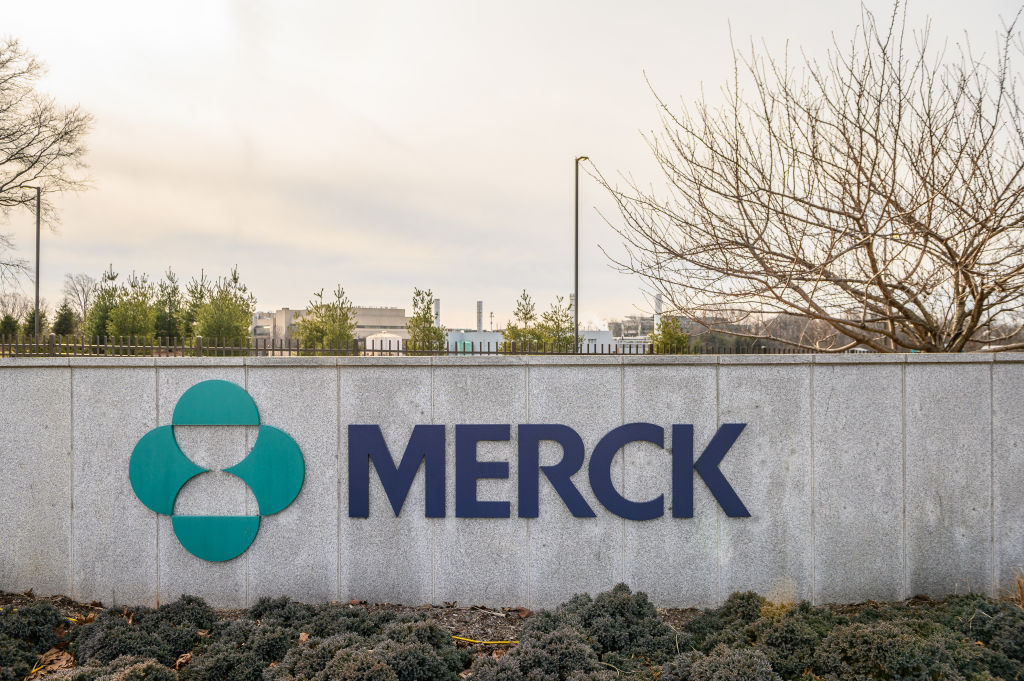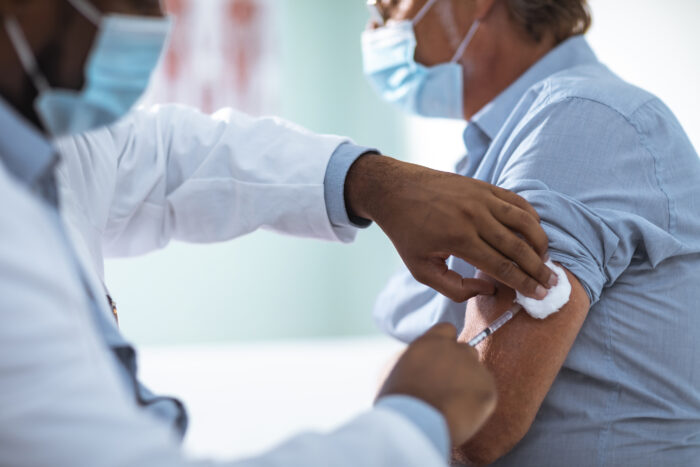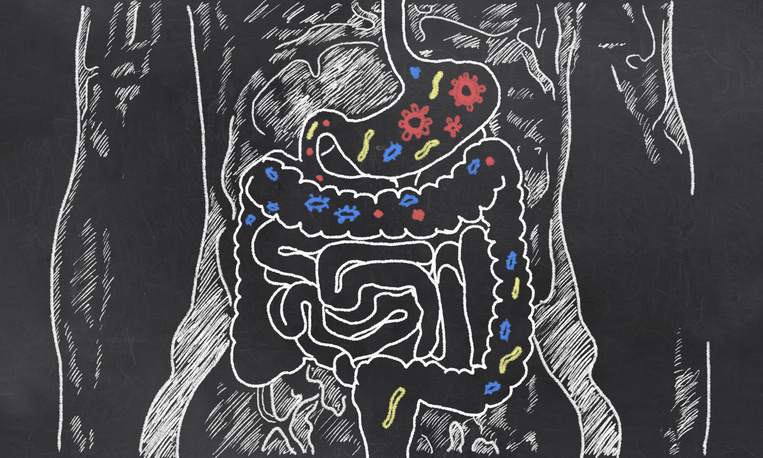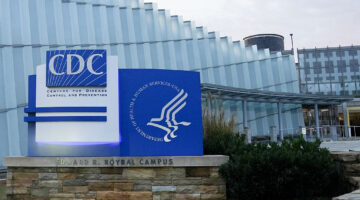
CDC Removal of Six Diseases From Child Vaccination Schedule Sparks Concern From Clinicians
A report supporting the CDC’s revisions says the U.S. is an outlier in the number of diseases and the total number of vaccine doses recommended in its pediatric vaccine schedule. But some physician groups say comparisons to other countries can be misguided and removing vaccines from the schedule puts children’s health at risk.
